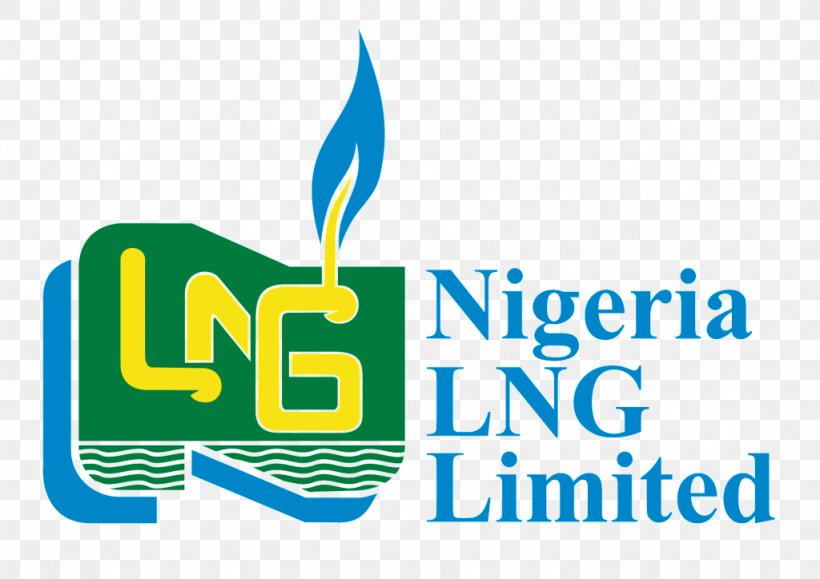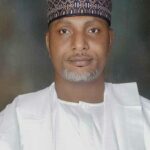The Senate Committee on Local Content, on Thursday, decried the failure of four firms handling a $10bn gas project to appear before it over issues related to alleged breach of Local Content Act on implementation of the project.
The $10bn Train 7 (T7) project is a gas project by Nigerian Liquified Natural Gas (NLNG).
- Over 8,000 persons undergo free eye treatment in Jigawa
- Obasanjo: Boko Haram’s next recruits will come from 14m out-of-school children
It was expected to boost the nation’s gas capacity by 35 per cent.
The organisations invited by the Senate committee but failed to appear are the Nigerian Liquified Natural Gas (NLNG), Nigerian Content Development and Monitoring Board (NCDMB) and two Italian firms, Saipem and Daewoo
Chairman of the Committee, Senator Teslim Folarin (APC, Oyo), told journalists shortly after the panel adjourned sitting that there were petitions against the organisations bordering on local content policy, and that the invitation was to enable them respond to the petitions.
Senator Sabi Abdullahi (APC, Niger), Vice Chairman of the committee, said the gas project was critical, given the increasing price of cooking gas in the country.
He said given the huge deposit of gas, the National Assembly was interested on how the companies could make life meaningful to Nigerians in their participation on the Train 7 Project and on increasing the local capacity.
Senator Abdullahi said the Senate had invited the companies to know what was happening on implementation of the project, but they had all surreptitiously failed to honour the invitation.
He said the committee resolved to expand the matter to an investigative hearing if the four organisations failed to appear on the next invitation slated for Dec. 2.
He said the attitude of the four organisations was an insult on the parliament as a whole, as they found it convienient on themselves not to appear before the Senate Committee.
Senator Abdullahi said the parliament would not abdicate its responsibility of ensuring compliance to local content rules and regulations.
He said it was the duty of the parliament to ensure that Nigerians were not short changed, while expressing hope that the concerned organisations would honour the next invitation slated for Dec. 2.

 Join Daily Trust WhatsApp Community For Quick Access To News and Happenings Around You.
Join Daily Trust WhatsApp Community For Quick Access To News and Happenings Around You.


